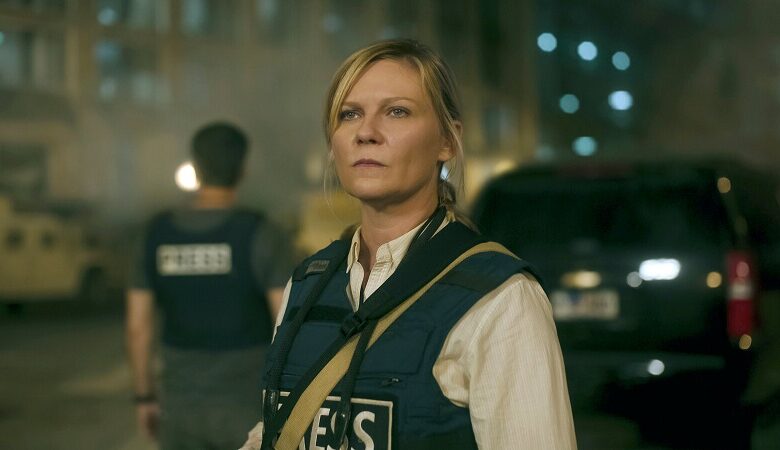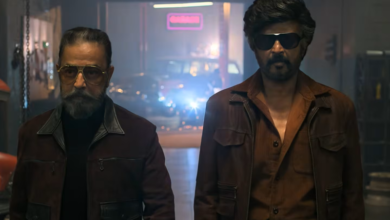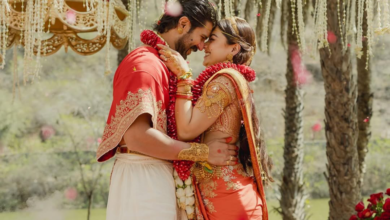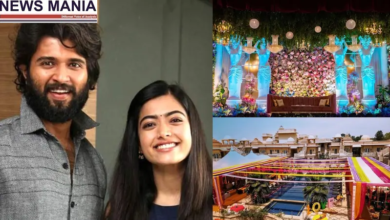“Civil War”: A Dystopian Tale of Conflict and Conscience

In an alternate near-future United States, the nation finds itself engulfed in a bitter civil war, with internal divisions tearing at its very fabric. As violence erupts and the specter of conflict looms large, a rebel faction known as the Western Front advances steadily towards the heart of power in Washington DC. Amidst the chaos, President Nick Offerman, holed up within the fortified confines of the White House, rehearses his scripted promises of imminent victory, evoking a familiar cadence reminiscent of past political rhetoric.
British writer-director Alex Garland’s gripping dystopian war film, “Civil War,” offers a visceral portrayal of a nation at war with itself. While echoes of contemporary political discourse may resonate in the background, Garland’s narrative transcends mere allegory, delving deeper into the universal themes of conflict and its harrowing consequences. At its core, “Civil War” serves as a poignant exploration of the human experience amidst the ravages of war, particularly through the lens of war correspondents who bear witness to its horrors firsthand.
Leading the ensemble cast is Kirsten Dunst as Lee Smith, a seasoned frontline photographer whose camera lens has captured the brutality of conflict across multiple continents. For Smith, the images she captures serve as haunting reminders of the atrocities she has witnessed, each frame etching itself into her psyche as a testament to the inhumanity of war. Yet, as she grapples with the ethical complexities of her profession, she confronts a profound existential crisis: in a nation torn apart by strife, do her photographs hold any meaningful sway?
The arrival of rookie photographer Jessie, portrayed by Cailee Spaeny, further complicates Smith’s internal struggle. As Jessie grapples with the harsh realities of war, Smith finds herself confronting fundamental questions about the nature of her work and its impact on the world. Through their shared experiences, Garland explores the moral ambiguities inherent in the role of war correspondents, who bear witness to unspeakable horrors in the pursuit of truth.
Against the backdrop of escalating violence and political turmoil, “Civil War” unfolds as a riveting journey through a fractured landscape. Garland’s masterful direction imbues each frame with a sense of urgency and tension, drawing viewers into the heart of the conflict. As the story unfolds, the film’s narrative threads converge, weaving together a tapestry of resilience, sacrifice, and redemption amidst the chaos of war.
“Civil War” premiered to critical acclaim at South by Southwest, garnering praise for its bold storytelling and compelling performances. The film’s release was met with eager anticipation, with audiences flocking to theaters to experience Garland’s dystopian vision firsthand. From its gripping portrayal of war-torn landscapes to its nuanced exploration of moral ambiguity, “Civil War” resonates as a timely and thought-provoking meditation on the nature of conflict and conscience.
As box office receipts continue to climb, “Civil War” stands as a testament to the enduring power of cinema to provoke introspection and spark dialogue. In an age marked by division and discord, Garland’s film serves as a sobering reminder of the human cost of conflict, challenging viewers to confront uncomfortable truths about the world we inhabit. Through its unflinching portrayal of war’s toll on the human spirit, “Civil War” emerges as a cinematic tour de force, destined to leave a lasting impression on audiences for years to come.






